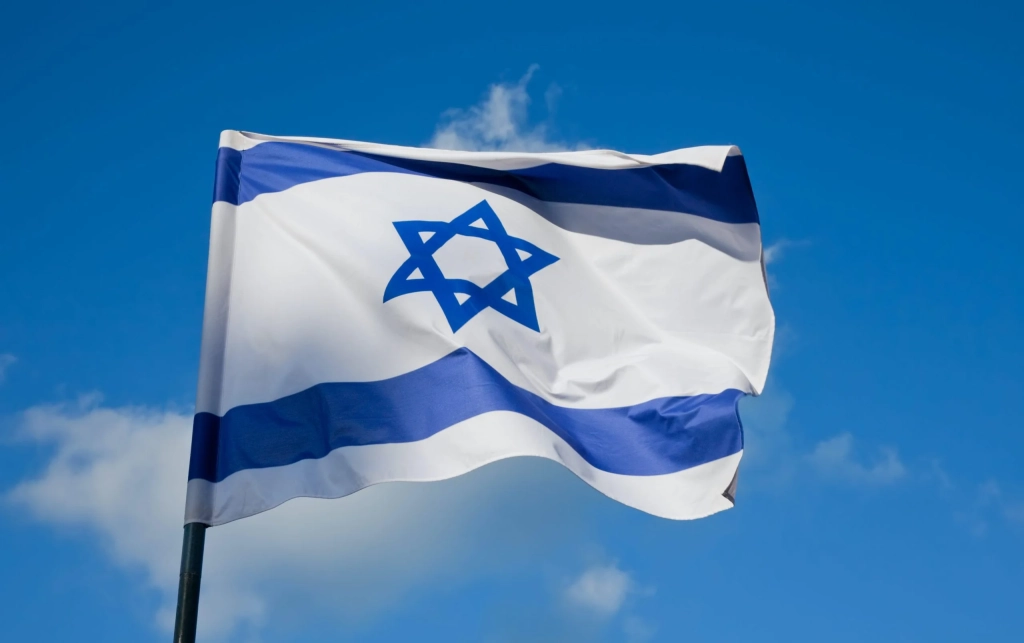The Israeli government has expressed regret after a strike damaged Gaza’s Holy Family Church, Gaza City’s sole Catholic church, and injured multiple civilians, while emphasizing that religious sites are not deliberate targets. The incident, which drew international attention, reportedly left eight people wounded, including four with serious injuries, according to a spokesperson for the Protecting Holy Land Christians campaign.
In a statement issued by Israel’s Foreign Ministry, officials conveyed “deep sorrow over the damage [to the church] and over any civilian casualty,” adding that the Israel Defense Forces (IDF) has launched a formal probe into the attack. “Israel never targets churches or religious sites and regrets any harm to a religious site or to uninvolved civilians,” the ministry stated. While the IDF has not explicitly claimed responsibility, the blast occurred within the church compound, raising concerns about the safety of places of worship amid ongoing hostilities.
The IDF confirmed it is scrutinizing the incident, noting that “the circumstances are still unclear,” but pledged to release findings transparently. The military’s response underscored its standard protocol of investigating reports of civilian harm, though it has frequently denied intentionally attacking non-military locations.
The Holy Family Church, a rare Christian sanctuary in the predominantly Muslim enclave, has long served Gaza’s small Catholic community. Details about the precise cause of the explosion remain unverified, but local reports suggest the strike occurred during broader military operations in the area.
The Protecting Holy Land Christians campaign, which advocates for religious minorities in conflict zones, described the attack as part of a “dangerous pattern” of threats facing Gaza’s Christian population, estimated at fewer than 1,000 residents. The injured reportedly include congregants and staff who were within the church complex at the time.
The incident highlights growing scrutiny over the protection of religious and cultural sites in Gaza, where repeated cycles of violence have displaced thousands and strained civilian infrastructure. Israel maintains that its operations aim to neutralize militant threats, but critics argue that high civilian casualties and damage to non-combatant facilities undermine such claims.
As investigations proceed, the broader implications of the strike may intensify debates over accountability and the safeguarding of vulnerable communities in conflict zones. For now, the focus remains on the unresolved details of the incident and the fate of those injured, whose conditions underscore the human toll of the ongoing strife.
